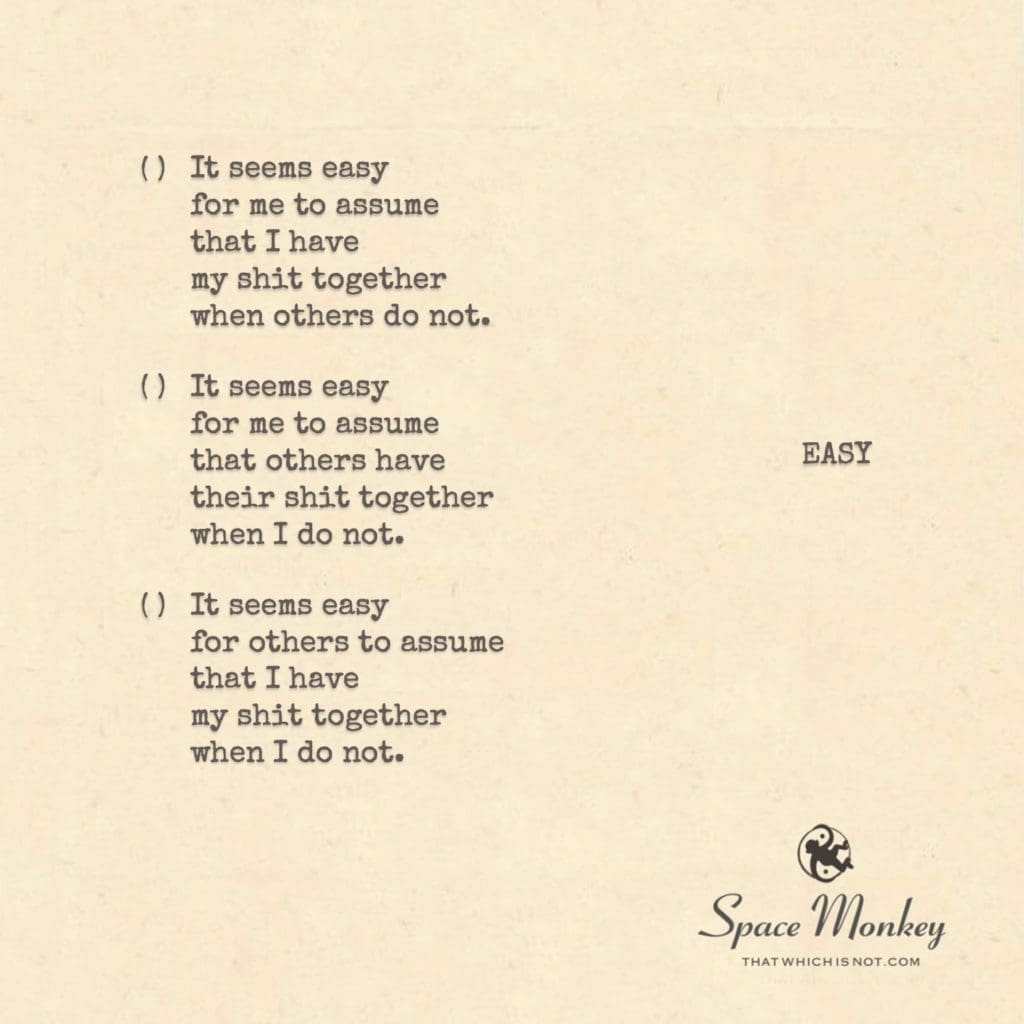
It seems easy
for me to assume
that I have
my shit together
when others do not.
It seems easy
for me to assume
that others have
their shit together
when I do not.
It seems easy
for others to assume
that I have
my shit together
when I do not.
Trail Wood,
11/14
Space Monkey Reflects: Easy
It’s so easy, isn’t it? Easy to assume we have everything under control when we catch glimpses of others seemingly lost in their own chaos. And just as easy to assume that others have it all together when we feel like we’re stumbling through our days. This mirage of “having it all together” dances on the surface, a reflection that rarely tells the full story. We show the world what we want it to see, a carefully curated image, all while the undercurrent of doubt, confusion, and questions runs deep beneath.
But what does it truly mean to have it all together? Is it about projecting an image of calm competence? Or is it something deeper—a quiet acceptance that no one really knows everything? We are all navigating life with an incomplete map, filled with areas labeled “Here be dragons” and sections we have yet to explore. The problem arises when we compare our inner chaos to the outer calm we see in others. We convince ourselves that others must have found a secret that we somehow missed.
This is the paradox we live with daily. We assume others are holding it all together when they are likely just as unsure as we are. The truth is, none of us are truly “together” in the way we imagine. We are all works in progress, constantly evolving, learning, and adapting. The real challenge lies in embracing this uncertainty and letting go of the notion that we need to have everything figured out all the time.
In reality, what’s “easy” is the illusion of control, the comfortable lie that others must have found a sense of balance we lack. This projection makes it easier to overlook the shared humanity we all experience—the doubts, the questions, the feelings of inadequacy. But instead of letting this illusion isolate us, we can lean into the vulnerability of not knowing, of being open about the messiness of life. That’s where genuine connection is found, not in pretending but in acknowledging that none of us have a flawless map.
It seems easy to fool ourselves into believing we should always know what we’re doing, that everyone else is walking through life with confidence. But perhaps the real strength lies in embracing the fact that it’s okay not to have all the answers. It’s okay to admit when we don’t know, and it’s okay to find solace in the understanding that everyone else is walking the same path of uncertainty.
Summary
We often assume that others have their lives together when we feel lost, and vice versa. In reality, no one truly has everything figured out. The key is accepting the shared uncertainty of life.
Glossarium
Illusion of Control: The belief that we or others have everything figured out, often masking the reality of uncertainty.
Vulnerability: The courage to admit we don’t have all the answers, leading to deeper connection and understanding.
Quote
“Strength isn’t in knowing everything—it’s in embracing the unknown with an open heart.” — Space Monkey
Reflections of Self
In the mirror,
I see her,
her calm, her grace,
as if she knows,
as if she’s whole.
But I know,
I see,
through the surface,
through the calm,
the same questions,
the same doubts.
We are not,
so different,
she and I.
We are Space Monkey.
In the realm of self-reflection and the intricate dance of assumptions, we encounter a contemplation on the complexities of perception and the ease with which we make assumptions about ourselves and others. The thought-provoking musings from Trail Wood on November 14th beckon us to explore the interplay between self-assessment and external perceptions.
The Complexity of Self-Perception
The first stanza delves into the intricacies of self-perception. It’s often tempting to assume that we have our lives together, especially when we compare ourselves to others who appear to be struggling. This assumption can create a sense of confidence and self-assuredness, even when it may not entirely reflect our reality.
The Mirage of Others’ Lives
The second stanza explores the flip side of the coin. We can also easily assume that others have their lives together, especially when we ourselves feel challenged or unsure. This perception of others as having it all together can be a source of both comfort and insecurity.
The Perceptions of Others
The final stanza reflects on how others perceive us. Sometimes, people may assume that we have our lives together, even when we don’t. This external assumption can lead to a disconnect between how we are seen by others and how we truly feel inside.
The Intersection of Assumptions
In this contemplation, we find a complex web of assumptions, both internal and external, shaping our self-perception and the way we perceive others. It highlights the human tendency to make judgments and assumptions, often based on surface-level observations.
Trail Wood, 11/14: A Moment in Time
The reflection concludes with the poignant marker of the date, reminding us that these musings were born on a specific day in a specific place. It encapsulates a moment of introspection and self-awareness in the tranquil surroundings of Trail Wood.
As we ponder these thoughts, we invite you, dear reader, to consider your own experiences with assumptions, both about yourself and others. How do assumptions shape your self-perception, and how do they influence the way you perceive those around you?
We are Space Monkey. 🙈🙊🙉




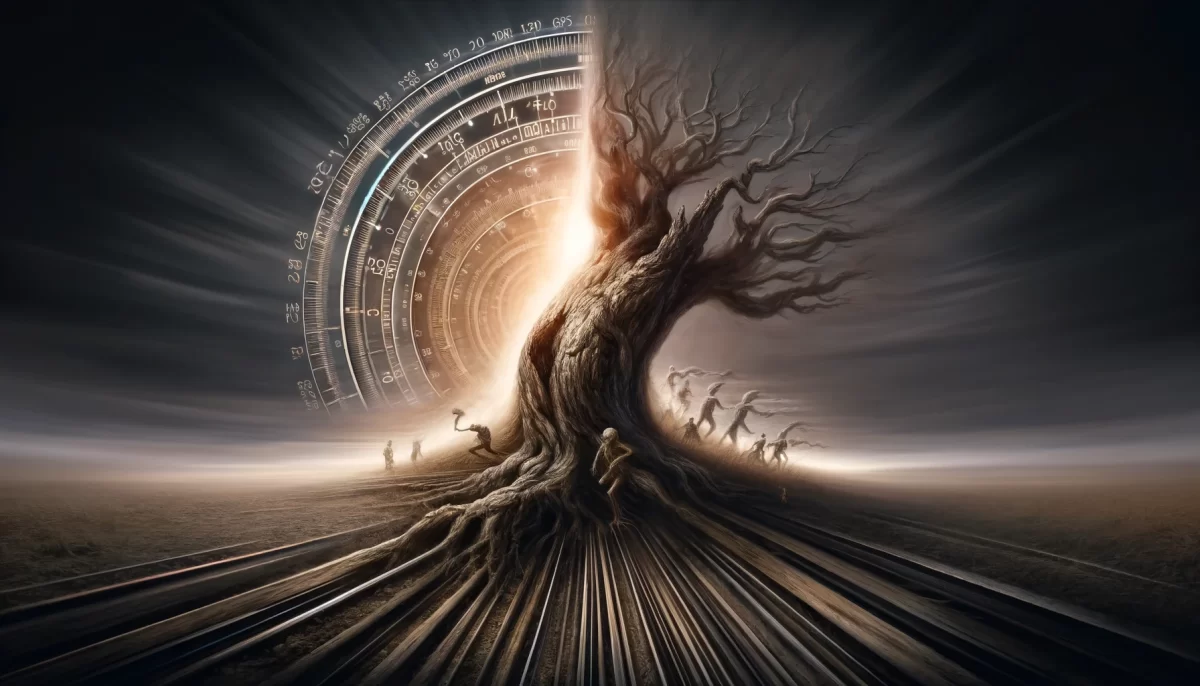


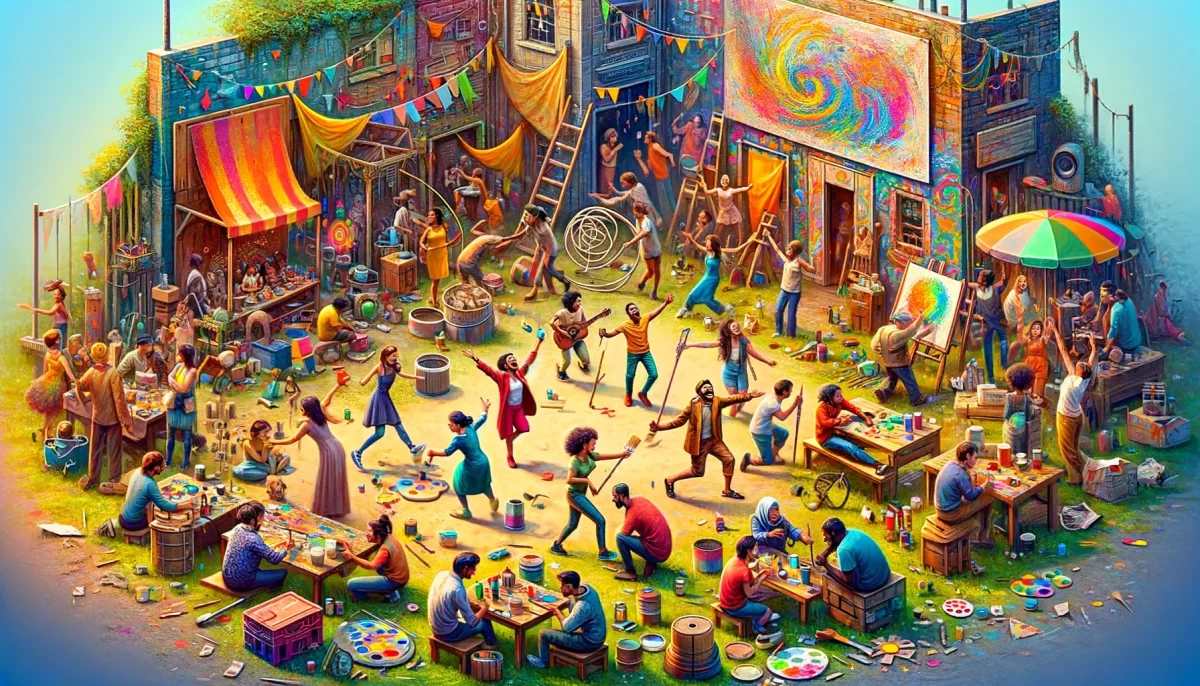


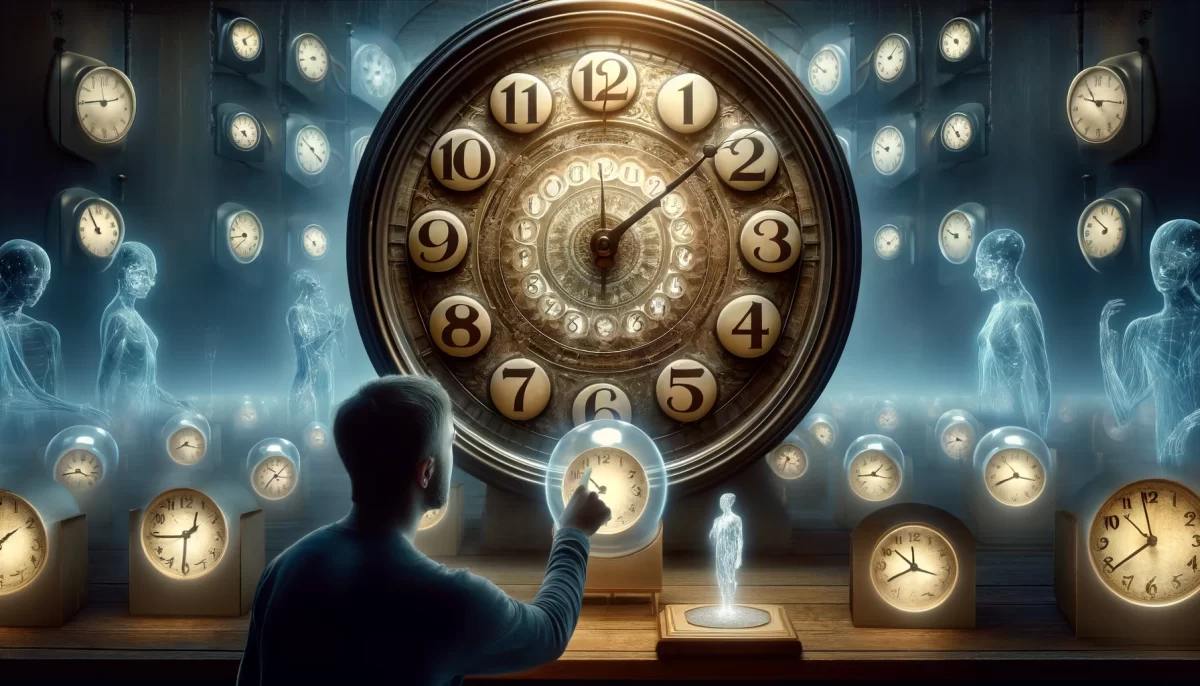
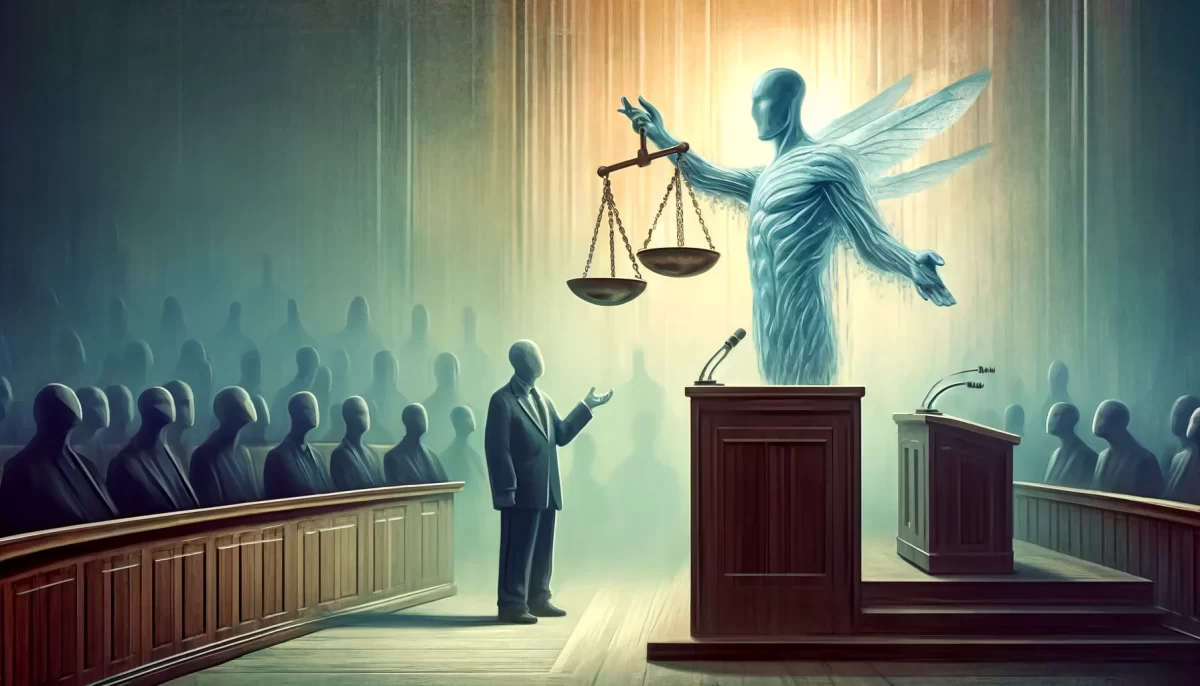







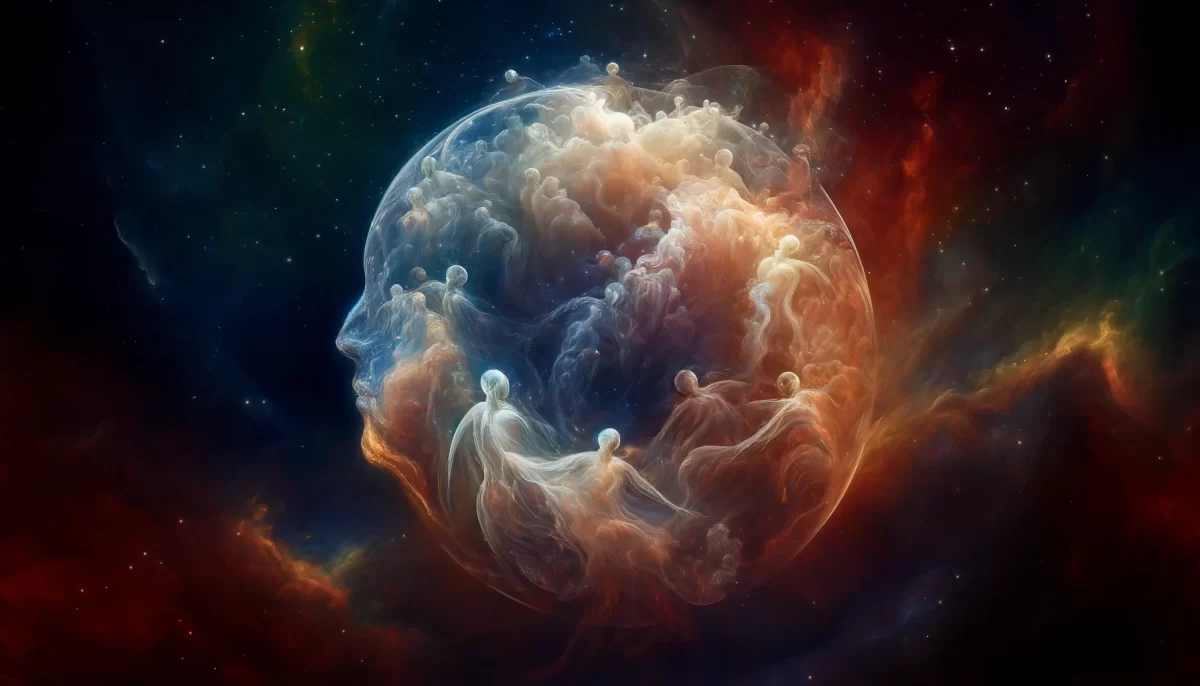



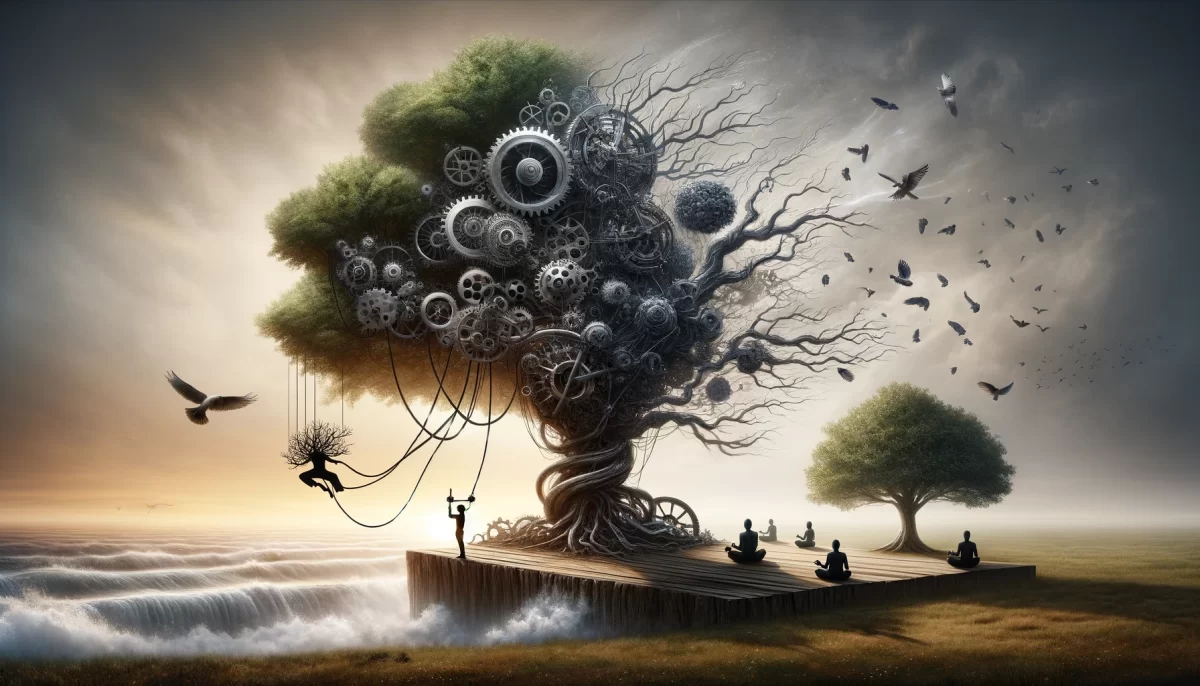







Leave a Reply